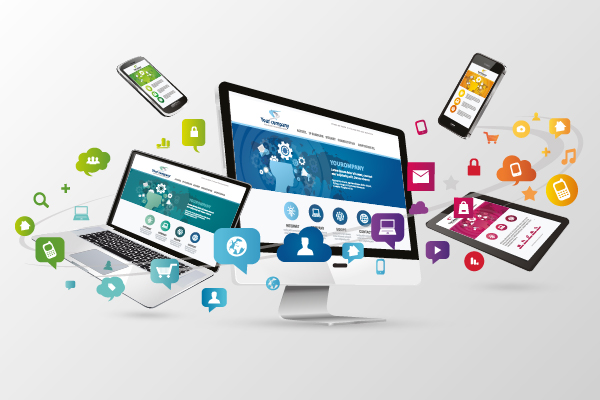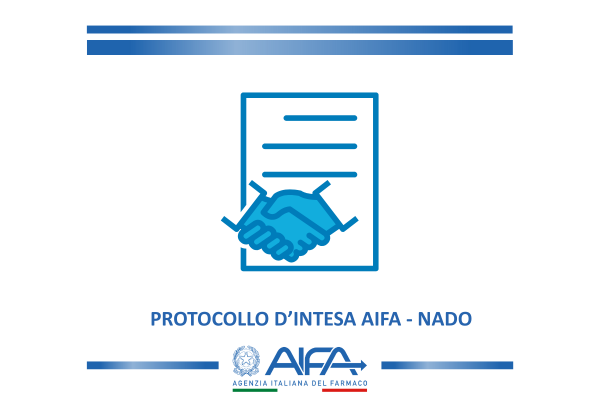.png) Agenzia Italiana del Farmaco
Agenzia Italiana del Farmaco
“COSIsiFA”: the AIFA-Regions-Health Institutions network for independent information on medicines is born - “COSIsiFA”: the AIFA-Regions-Health Institutions network for independent information on medicines is born
“COSIsiFA”: the AIFA-Regions-Health Institutions network for independent information on medicines is born

Press release no. 18/2024
Four areas of intervention: paediatrics, oncology, antibiotic resistance, chronicity and polypharmacotherapy. Dedicated website, app, scientific publications ‘translated’ for the general public among the tools that will be used. Training also in schools.
A web tool to guide doctors in the labyrinth of interactions in patients on polytherapy, with a third of the elderly taking 10 or more medicines a day.
Breaking the pharmaceutical industry's monopoly on medicine information with a dual objective: to convey to health professionals the scientific information that is indispensable for its best use and to lead citizens towards a more appropriate use of medicines.
Always considered indispensable to counter the push towards the use of medicines and health products even for conditions that would not require it, independent information on medicines can now count on the AIFA-Regions-Health Institutions-Stakeholders network, which through the ‘COSIsiFA’ (Citizens and Health Care Workers Always Informed about Medicines) project, which will last at least three years, intends to disseminate news, information, studies and data nationwide. Without neglecting training, starting with training in schools.
The independent information - it was explained during the presentation at the Agency's headquarters in Rome - will be addressed to healthcare professionals, patients, associations and citizens through seven channels: an independent information website (www.infarmaco.it), which will act as a collector of all existing and future initiatives; a six-monthly bulletin on topics of interest such as paediatrics, oncology, antibiotic resistance, chronicity and polypharmacotherapy; the production of weekly news and newsletters to make the scientific literature accessible to the general public; the production of at least 12 reviews of studies already published on specific topics of general interest; training events both in person and at a distance, also in schools; the development of communication through social networks; and the development of an app for rapid and customised information on medicines.
For the preparation of contents and communication tools, 9 working groups have been formed, which will work by interacting and connecting with each other. Four of these "work packages" will deal with the production of scientific information contents on four areas of intervention: paediatrics, oncology, antibiotic resistance, chronicity and polypharmacotherapy, a problem increasingly felt in the elderly population, who in about 30% of cases deal with the difficult interaction of taking 10 or more medicines daily.
The other 5 working groups will instead deal with the development of information tools and their widespread dissemination through: bulletin-newsletter-website; social media and apps; training; systematic reviews of studies; specific training in schools.
The information materials produced by the content working groups and the systematic reviews will be disseminated mainly on-line directly on the project website, which will contain, divided into special sections, the bimonthly bulletin (18 issues over the three years), the weekly newsletters (150 over the three years), news from the literature, the Horizon fact sheets on new medicines and any other material produced by the various working groups. The site will also have a section dedicated to direct access to all the independent products and services on medicines already produced and available (bulletins, medcines databases, institutional sites and more), which will thus be brought together in one place for the benefit of users. The news contained in the site will be quickly traceable by the interested user thanks to an indexed search system.
This is also a way of bringing order to the great proliferation in Italy of initiatives and production of various materials at local level, which often do not find adequate channels of dissemination.
Independent information in paediatrics, oncology, antibiotic resistance, chronicity and polypharmacotherapy
In the paediatric field, the specific working group will aim to produce information sheets relating to medicines for the little ones and to new therapeutic strategies in the paediatric field and rare diseases. Training days and courses for healthcare professionals and citizens are planned.
As far as oncology is concerned, information will be mainly aimed at keeping up to date on new therapeutic entities or medicines with new indications, in order to provide a tool for the appropriate and safe use of now reimbursable medicines, taking into account the therapeutic options already on the market and the target populations of indications for use which are already reimbursed. Courses and training are also planned.
With 11,000 deaths a year caused by antibiotic-resistant bacterial infections, Italy is the worst in Europe. The problem of not only excessive but also inadequate use of antibiotics reduces the number of truly effective ones, thus increasing the vicious circle of treatment difficulties. The problem must therefore be tackled in a multidisciplinary and multi-strategic way. The working group set up on what the EU Commission has described as the continent's third health emergency is part of a network whose aim is to train and inform citizens and health workers on the proper use of antibiotics at territorial and hospital level with the ultimate aim of combating the phenomenon. This will be done by producing various information materials on the appropriate use of antibiotics in hospitals and those used locally, with six-monthly regional reports on antibiotic resistance trends.
While the presence of two or more pathologies already characterises 75 per cent of 65-year-olds, this condition seems to affect the over-80s almost in their entirety. The direct consequence of this phenomenon is the use of a large number of medicines to treat these pathologies. Data from the AIFA Report on the use of medicines in the elderly show that during 2019, almost the entire over-65 population received at least one pharmaceutical prescription (98%), with slight differences between geographical areas, with daily consumption equal to three doses per citizen. In this scenario, polypharmacotherapy, defined as the simultaneous use of several medicines (exposure to five or more medicines at the same time is considered in the literature), is a public health problem, because it is known to be associated with a reduction in therapeutic adherence, as well as with an increased risk of interactions between medicines. To address this problem, the specific working group will produce information material focusing on: interactions between medicines and iatrogenic risk; prescribing inappropriateness; therapeutic adherence; prescribing cascade; guideline application problems; therapeutic reconciliation-review and deprescribing; active involvement of the patient, caregiver and family members in decision-making. Distance learning events are also planned.
To support information, training and assessment of prescribing appropriateness in chronic patients exposed to polypharmacotherapy, INTERCheck-WEB (www.intercheckweb.it) will be made available to the network of working groups and participating Regions. This is a prescription support tool developed by the Istituto di Ricerche Farmacologiche Mario Negri IRCCS with the aim of providing physicians and pharmacists with information to balance the risks and benefits of a therapy through an assessment that considers different aspects of pharmacology, and is therefore particularly suitable for assessing patients undergoing numerous pharmacological treatments.
Nisticò: “An opportunity to rebalance drug information unbalanced on the marketing side”
“Pharmaceutical companies invest huge resources - around USD 30 billion a year in the US alone - in promotional activities aimed at doctors, but they also act indirectly on citizens through pharmaceutical marketing campaigns to stimulate health needs that do not always require medicines,” explains AIFA President Robert Nisticò. “Even scientific publications on new medicines,’ he continues, ‘always tend to emphasise efficacy data while putting risks in the background. Not to mention the information often devoid of any scientific basis conveyed by social networks and the internet in general. For this reason,” Nisticò concludes, “the “COSIsiFa” project represents a splendid opportunity to counterbalance the scientific information on medicines and their correct use. Just think of the phenomenon of polytherapies that can include up to 10 medicines taken daily by the elderly. A problem that must be addressed by providing artificial intelligence tools that allow doctors to orient themselves among the numerous risks of interactions between the various medicines. Perhaps to decide in the end to remove some from the prescription book”.
“The network for independent pharmaceutical information has all the potential to solve the major critical issues we face today in the communication on medicines,” comments AIFA's Technical Scientific Director Pierluigi Russo. “And to ensure the complete independence of the information produced, all persons involved in the project and the authors of the materials will have to sign an annual declaration on conflicts of interest, which will be made public on the project website. Each article, derived from the literature, will also have at its foot any information on the financing of the studies or the presence of conflicts of interest,” Russo concludes.
But the project does not only focus on information. “Nowadays,” says Anna Rosa Marra, Head of AIFA's Post Marketing Surveillance Division, who promoted the initiative on behalf of the Agency, “it is unthinkable to carry out an independent medicine information project without accompanying it with training on clinical research methodology and the processes of medicine assessment, approval and post-marketing monitoring. While information, in fact, allows for the simple dissemination of information, training provides a tool for the possible practical application of the information received, with the dual role of reinforcing the most important information and, through cases and stories, translating it into everyday reality”.
Published on: 09 October 2024







